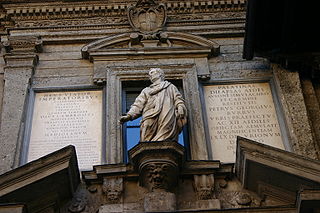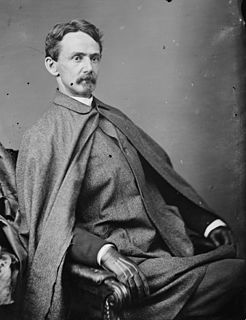A Quote by Decimius Magnus Ausonius
Can we wonder that men perish and are forgotten when their noblest and most enduring works decay?
Related Quotes
Children sweeten labours. But they make misfortune more bitter. They increase the care of life. But they mitigate the remembrance of death. The perpetuity of generation is common to beasts. But memory, merit and noble works are proper to men. And surely a man shall see the noblest works and foundations have proceeded from childless men which have sought to express the images of their minds where those of their bodies have failed.
Grass is the forgiveness of nature-her constant benediction. Fields trampled with battle, saturated with blood, torn with the ruts of cannon, grow green again with grass and carnage is forgotten. Streets abandoned by traffic become grass-grown, like rural lanes and are obliterated. Forests decay, harvests perish, flowers vanish, but grass is immortal.
Many of the finest and most interesting emotions perish forever, because too complex and fugitive for expression. Of all things relating to man, his feelings are perhaps the most evanescent, the greater part dying in the moment of their birth. But while emotions perish, thought blended in diction is immortal.





































